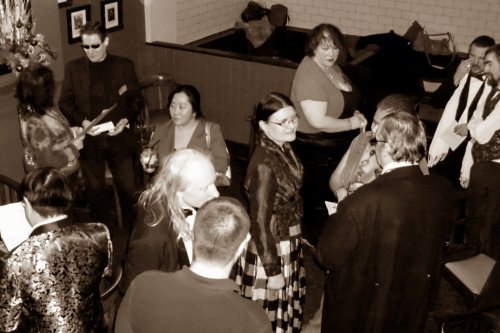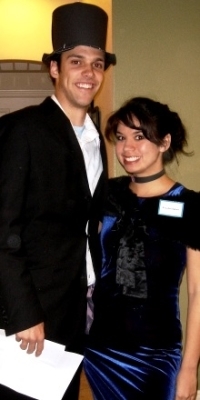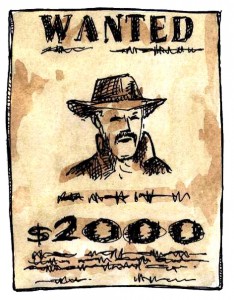I am preparing Hollywood Lies and I have 27 or 28 students coming to play. Many characters are supposed to interact with a certain person, but they are character number 29. Am I missing something?

Unfortunately, running the game with a few characters missing does result in gaps. This shouldn’t be a problem as everyone should have enough other contacts that the missing characters won’t impact on the game too much.
However, if you are concerned that your guests will want to talk to the missing character, then you can do what I do and tell your players (during the introduction) that if they want to contact any of the absent characters, they can simply talk to you.
To make this happen, you need to print out all the absent characters and bring them with you. You can either have them in envelopes, or in a folder. Then, when someone comes up to you and asks to speak with an “absent” character, you can quickly scan the character sheet and role-play that character.
(I also talk about this here.)
What you have to watch, however, is players who then try to “cheat” by using the absent characters to achieve their goals instead of interacting with the players present. I try not to let players do this – it’s better for everyone if they are talking and negotiating with the other players rather than with the host.
(For other ideas about using the absent characters, see here and here.)








